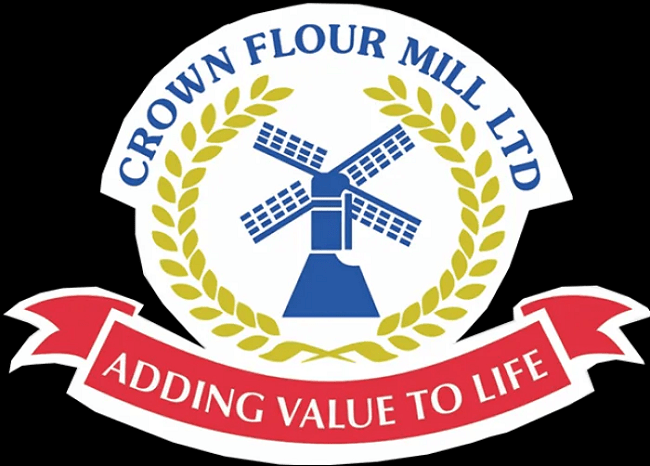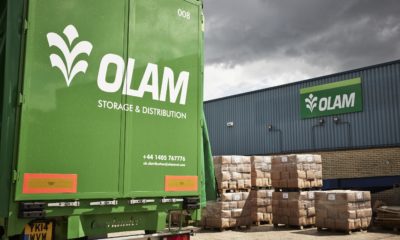In recognition of its efforts and investments in food fortification and infrastructure, culminating in Nigeria’s first state-of-the-art vitamin premix facility, Crown Flour Mill Limited (CFM), the flour milling subsidiary of Olam Nigeria, an agribusiness conglomerate, has received a widespread commendation for consistently delivering highly fortified, quality and affordable food staples that meet global standards and improve public health.
This assertion was made at a Food Fortification webinar, organised by the Global Alliance for Improved Nutrition (GAIN), on Wednesday, June 30, 2021, the flour milling company has successfully ramped up its food processing methodology through quality partnership and acquisition of a state-of-the-art premix facility to provide food products that improve the health of the Nigerian population.
Andreas Bluethner, Director of Nutrition at the Bill and Melinda Gates Foundation (BMGF) who moderated the panel discussion, said, “Olam’s CFM has been able to achieve 90 percent food fortification compliance in flour production to deliver foods that change the lives of people who suffer from food deficiency diseases.”
He added: “Olam’s approach offers a sound model for other food manufacturers which seek to drive business competitiveness by delivering food products that contain the right micronutrients and engender regulatory and consumer confidence.”
Speaking on CFM’s food fortification achievements, Ashish Pande, Managing Director of Crown Flour Mill Limited, highlighted that by leveraging technology, the company is able to determine and achieve food fortification data accuracy at its fully digitalized vitamins premix plant in Lagos.
He said, “CFM’s state-of-the-art vitamins premix facility delivers 99.9 percent food fortification data accuracy. We have therefore been able to choose the right level of micronutrients in all our food product processing efforts in line with global best practices and regulatory standards.”
“These quality assurance investments in our food processing facilities are delivering highly nutritious meals that are more affordable, easily accessible and instill confidence in all our products across the market.”
He cited, for instance, the affordable pricing structure and quality of bread produced by bakers who use CFM’s Mama Gold flour in their bakeries. Because our flour brands contain the right micronutrient mix and has qualities like better water absorption and taste, the bakers prefer to buy the flour brands for making bread that meets consumers’ shrinking wallet, deliver maximum returns and support healthy living.
The food fortification event was tagged “Scaling up innovation for a fortified future: fortification quality digitization”. The event provided a high-level overview of quality compliance challenges in food fortification on local and global scales; it also explored how digitization can solve the various food fortification challenges.
Panelists for the food fortification webinar were drawn from across varying areas of expertise in food processing like data analytics, IT, not-for-profit advocacy and regulatory sectors. The panelists were Dipika Matthias, Deputy Director, Nutrition, BMGF, USA; Bernard Kowatsch, Head of World Food Programme Innovation Accelerator, Italy; Ashish Pande, Managing Director, Crown Flour Mill Limited, Nigeria; Anna Zhenchuk, Managing Director, BioAnalyt, Germany; Zameer Haider, National Program Manager for Oil Fortification, Nutrition International, Pakistan; Janice Zdankus, Vice President of Innovation for Social Impact, Hewlett Packard Enterprise, USA; Harun Rashid, Chairman, Shakti Edible Oil, Bangladesh; and Imtiaz Masud, Head of QA & EMS, Bangladesh Edible Oil, Bangladesh.


 Naira4 weeks ago
Naira4 weeks ago


 Naira4 weeks ago
Naira4 weeks ago


 Naira3 weeks ago
Naira3 weeks ago


 News4 weeks ago
News4 weeks ago
 Travel4 weeks ago
Travel4 weeks ago




 Naira4 weeks ago
Naira4 weeks ago


 Jobs3 weeks ago
Jobs3 weeks ago
 Naira3 weeks ago
Naira3 weeks ago











